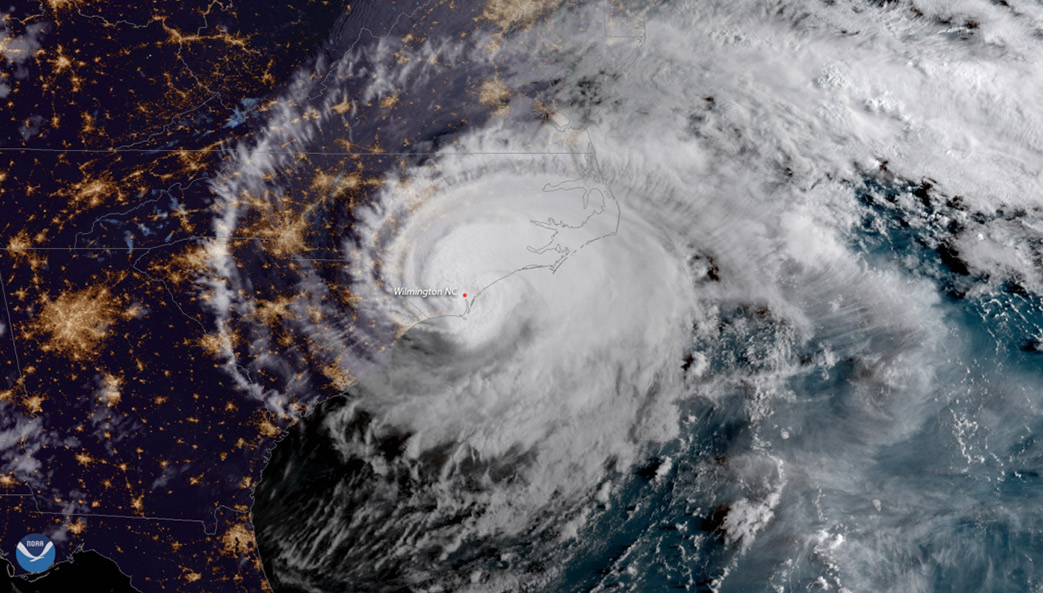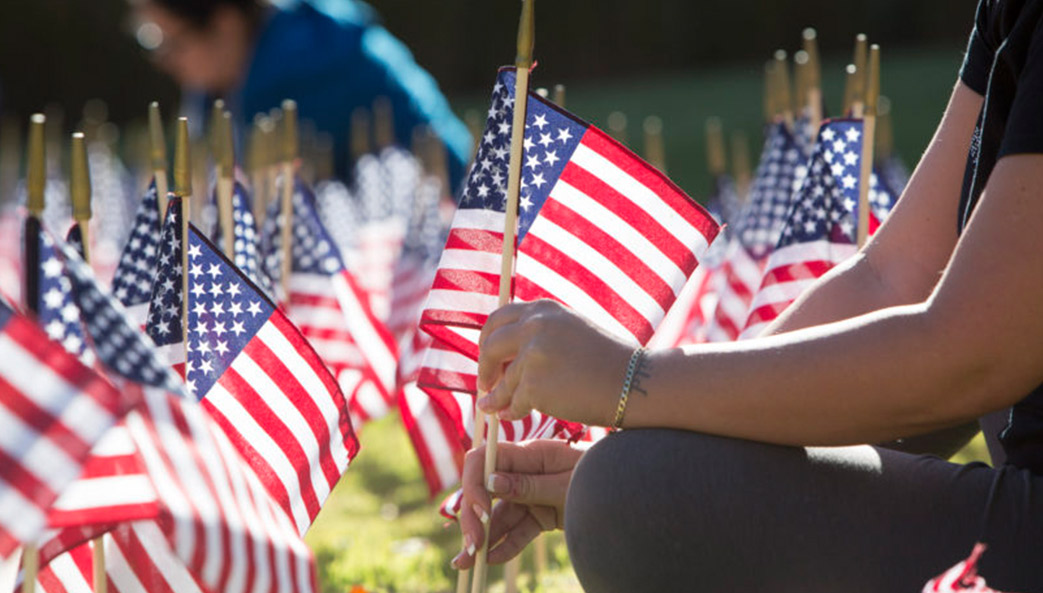Alan E. Stewart is a weather and climate psychology professor at the University of Georgia who studies the effect severe weather has on our mental health. As Hurricane Florence makes landfall, he shares his advice on staying calm and clear-headed despite the uncertainties that come with a major storm.
Q: What are the best strategies you recommend for coping with a hurricane?
A: For both before and after a hurricane, there are several things. As the storm approaches, the best strategies in terms of coping emotionally center around preparation—do individuals and families have a plan for preparing their home and property for the storm? Have they packed important belongings to take with them if they evacuate, or moved them to higher floors if there is flooding expected? The central issue is planning—this helps people to cope with feelings of anxiety and uncertainty by doing something concrete that will preserve and protect their home and belongings, and also ensures their safety.
Coping after the hurricane depends on the extent to which people and their property were affected by the storm. Effective preparation, and how it relates to any damage done by the storm, can also help people feel like they are effectively managing the effects of a hurricane. For example, if people shelter in place and have minimal damages to their property, yet have an interruption in power and water, relying on their stores of food and water may make the aftermath of a hurricane seem more manageable.
Q: How can we help children better cope with a severe weather event, like a hurricane?
A: Children take their cues from how the adults around them respond. By remaining calm while following preparation and evacuation plans, children will see the hurricane situation as manageable and something with which they can cope. Conversely, if parents show signs that they cannot manage preparations or effects of the storm, then their children may respond similarly.
Q: Are there things children can do to relieve their stress?
A: Children may benefit from being involved in the family’s preparations for the storm, whether this is filling jugs of water for drinking, moving toys or other outside items that could be blown away, or helping to pack so the family can evacuate. This gives them something to do and a sense of purpose in helping their family to get ready for the storm. It helps children feel that they are making efforts to help their family or others.
Q: From a mental health standpoint, what effect can significant loss of property have?
A: In those cases where property and homes are destroyed, this is much harder. The psychological sense of home comes from the dwelling and the important belongings that are in the home. If the home and belongings are destroyed by the storm, then this may leave people feeling a deep sense of loss when they come back to survey the damage for the first time. The effects of the storm may not feel manageable. In these cases, about all people can do is to cope by salvaging what they can and trying to rebuild. People can try to cope and manage by doing what they can to accomplish—controlling those things that they can and realizing, often painfully, what they can’t control in the days and weeks following.






